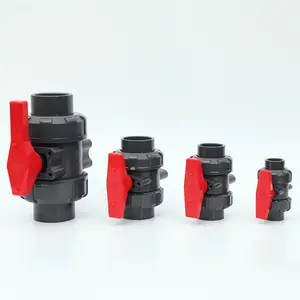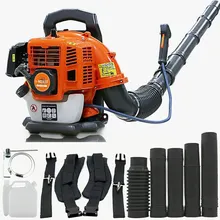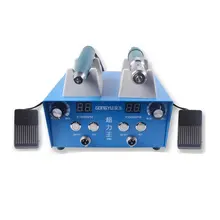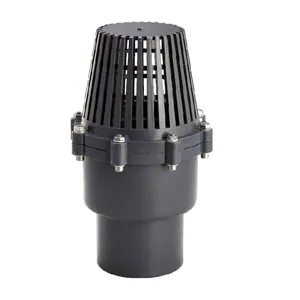Introduction to UPVC Ball Valves
Unplasticized Polyvinyl Chloride, or UPVC ball valves, are a crucial component in managing the flow within piping systems. These valves are designed to offer durability and reliability for various applications, from domestic water supply to industrial process control. The robustness of UPVC material makes these valves a preferred choice for systems where corrosion resistance and chemical stability are paramount.
Types and Applications
The versatility of UPVC ball valves is reflected in their diverse types, each tailored for specific functions. From simple on-off to more complex flow regulation tasks, these valves are integral in systems like irrigation, where precise water control is necessary, or in industrial settings for process management. Their design allows for quick and easy flow shut-off, making them ideal for emergency situations as well.
Features and Materials
UPVC ball valves are characterized by their lightweight yet sturdy construction. The material's inherent properties ensure that the valves are resistant to both corrosion and chemical reactions, thus extending their lifespan even in harsh environments. The internal ball mechanism, typically made from the same UPVC material, provides an effective seal that prevents leaks and maintains system integrity.
Advantages of UPVC Ball Valves
The advantages of using UPVC ball valves are numerous. Their resistance to corrosion and chemical wear makes them a sustainable choice for long-term applications. Additionally, the ease of installation and low maintenance requirements contribute to their overall cost-effectiveness. These valves are also known for their excellent flow control capabilities, allowing for precise adjustments to fluid flow within a system.
Selection Considerations
When selecting a UPVC ball valve, it is essential to consider factors such as the size and pressure rating to ensure compatibility with the existing piping system. The valve's design should also be appropriate for the intended application, whether it is for simple isolation or for regulating flow. It is important to assess the temperature range and the nature of the fluids the valve will encounter to ensure optimal performance.
Conclusion
In conclusion, UPVC ball valves are a reliable and cost-effective solution for controlling the flow in piping systems across various industries. Their construction and material properties offer a balance of performance and longevity, making them a smart choice for both new installations and replacements. While exploring the extensive range of options available, it is crucial to consider the specific requirements of your system to find the most suitable valve.








































 浙公网安备 33010002000092号
浙公网安备 33010002000092号 浙B2-20120091-4
浙B2-20120091-4